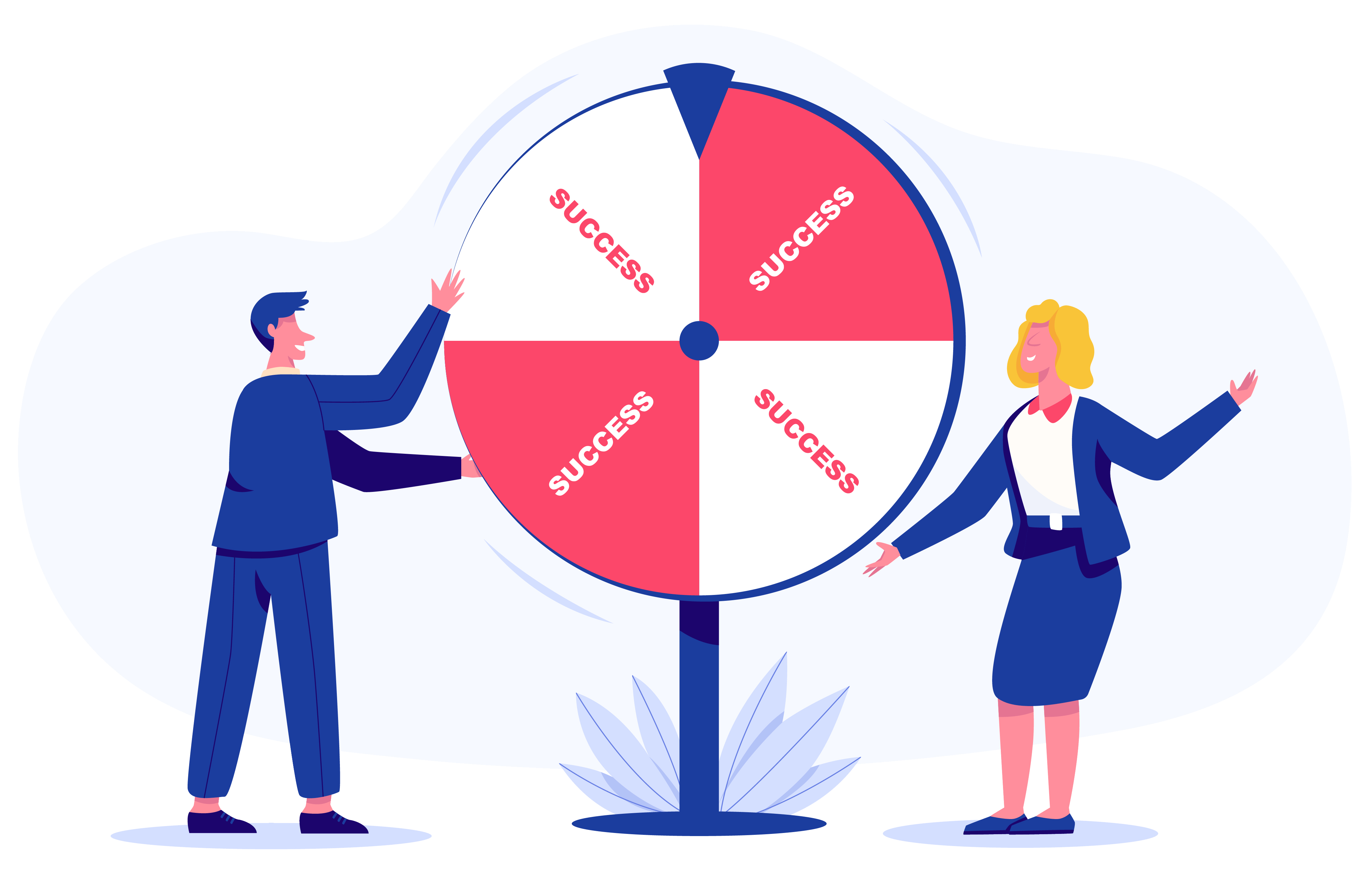Overview:
DEPARTMENT OF MATHEMATICS
The Department of Mathematics was established in the year 1979. The department has 8 faculty members constituting one Professor, one Associate Professor, four Assistant Professor, one senior Lecturer and one Lecturers. Six faculties hold the doctorate degree and 1 is pursuing, hence providing excellent teaching in Mathematics. The department has always shared the vision of the Institute in striving for excellence in teaching and research activities and has succeeded in this endeavor to a large extent. All faculty members have been upgrading their knowledge by attending workshops, seminars, FDP and conferences regularly. The Department has a vibrant research atmosphere backed by excellent infrastructural facilities. Faculties have published 7 research papers in National and 80 research papers International Journals and conferences. The department has conducted 3 special lecture for students of second year and 1 FDP on “Geogebra” for department Faculty. Two faculties are involved In inter-disciplinary projects.
The academic ambience and student teacher relationship is cordial. The department encourages the students to participate in extracurricular activities like Innovative Idea presentation, Poster presentation, Seminars on recent development in Engineering with Mathematical applications, preplanned events for Science day celebration, Inter-college competition ‘Math-hunt’ at annual Cultural-Technical fest ‘Insignia’ etc.,
The Visveswaraiya Technological University, Belgaum has recognized Department of Mathematics as a Research Centre in the year 2002. Five faculty members have been recognized as research guides. Totally 16 research scholars have registered for Ph.D of which 5 are awarded.


Vision:
To provide strong mathematical foundation to develop competent and ethical engineering professionals.
Mission:
- To have the most appropriate syllabi.
- To practice innovative teaching learning with suitable modern tools.
- To integrate enhanced research in teaching.
- To involve industrial expertise for data/physical interpretation in industrial environment.
- To create awareness for practising values.
Strengths of the Department
- Strong teaching learning process.
- Qualified and competent faculty with an average experience of more than 15 years.
- 75 % of the faculties are Ph. D holders and 88% are into research activities.
- Faculty development program and QIP are in force.
- Very cordial student teachers relationship.
- Department library with around 300 books for ready reference for students and faculties.
POs
Programme Outcomes(POs)
Outcomes are the skills and knowledge which the students have at the time of graduation. This will indicate what student can do from subject-wise knowledge acquired during the: PROGRAM OUTCOMES (POs)
Engineering Graduates will be able to:
| PO | Short Title of the PO | Description of the Programme Outcome (PO) Engineering Graduates will be able to: |
|---|---|---|
| PO-1 | Engineering knowledge | Apply the knowledge of mathematics, science, engineering fundamentals, and an engineering specialization to the solution of complex engineering problems. |
| PO-2 | Problem analysis | Identify, formulate, review research literature, and analyse complex engineering problems reaching substantiated conclusions using first principles of mathematics, natural sciences, and engineering sciences. |
| PO-3 | Design/development of solutions | Design solutions for complex engineering problems and design system components or processes that meet the specified needs with appropriate consideration for the public health and safety, and the cultural, societal, and environmental considerations. |
| PO-4 | Conduct investigations of complex problems | Use research-based knowledge and research methods including design of experiments, analysis and interpretation of data, and synthesis of the information to provide valid conclusions. |
| PO-5 | Modern tool usage | Create, select, and apply appropriate techniques, resources, and modern engineering and IT tools including prediction and modeling to complex engineering activities with an understanding of the limitations. |
| PO-6 | The engineer and society | Apply reasoning informed by the contextual knowledge to assess societal, health, safety, legal and cultural issues and the consequent responsibilities relevant to the professional engineering practice. |
| PO-7 | Environment and Sustainability | Understand the impact of the professional engineering solutions in societal and environmental contexts, and demonstrate the knowledge of, and need for sustainable development. |
| PO-8 | Ethics | Apply ethical principles and commit to professional ethics and responsibilities and norms of the engineering practice. |
| PO-9 | Individual and team work | Function effectively as an individual, and as a member or leader in diverse teams, and in multidisciplinary settings. |
| PO-10 | Communication | Communicate effectively on complex engineering activities with the engineering community and with society at large, such as, being able to comprehend and write effective reports and design documentation, make effective presentations, and give and receive clear instructions. |
| PO-11 | Project management and finance | Demonstrate knowledge and understanding of the engineering and management principles and apply these to one’s own work, as a member and leader in a team, to manage projects and in multidisciplinary environments. |
| PO-12 | Life-long learning | Recognize the need for, and have the preparation and ability to engage in independent and life-long learning in the broadest context of technological change. |
Faculty

Dr. Dhanapal Basti
Professor

Dr. Jenifer J. Karnel
Associate Professor & HOD

Dr. Shailaja S. Shirkol
Assistant Professor

Dr. Varsha D Joshi
Assistant Professor

Dr. Basavaraj. S. Hoogar
Assistant Professor

Prof. Prakash S Badiger
Senior Lecturer

Prof. Preeti B Jinagouda
Lecturer
Syllabus
Space, Infrastructure & Facilities
| Space, Infrastructure & Facilities |
NewsLetter
|
NewsLetter 1 NewsLetter 2 NewsLetter 3 |
NewsLetter 4 NewsLetter 5 NewsLetter 6 |
NewsLetter 7 NewsLetter 8 NewsLetter 9 |
Timetable
3000 +
Students
160 +
Faculty
950 +
Placement
300 +
Support Staff
300 +
No. of Companies Visited
